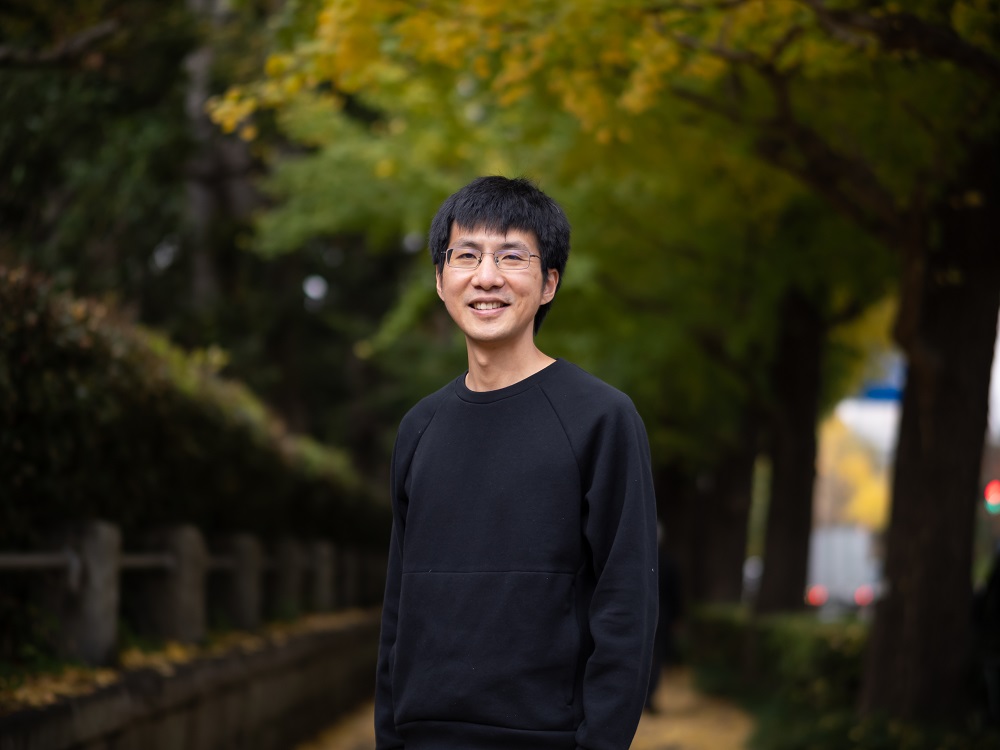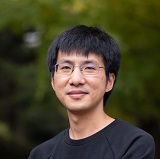Research life at WISE-SSS broadened my horizons and led to my internal growth
Succeeded in dramatically improving the quality of images taken by a lensless camera
At Tokyo Institute of Technology, I did research on next-generation image recognition technology. Currently, you need a lens to take a picture, but a camera using a lens is bulky in size and expensive in cost. Therefore, in the future, when IoT (Internet of Things) continues to expand, it will be a requirement to have a smaller and more inexpensive camera. In such a need, we began focusing on a “lensless camera” – a camera without a lens. The advantages of such a camera are its small size and low cost, which perfectly matches the era of IoT.
The patterns acquired by the sensor of a lensless camera cannot be understood when we simply look at it. From these patterns, we create images that can be recognized by humans through mathematical processing. However, the conventional methods took a lot of time, and the quality of the acquired image was not good enough. In order to solve this problem, we conducted research on the physical characteristics of a lensless camera and explored a different solution. Finally, we have developed a Transformer-based deep learning model. As a result, we succeeded in obtaining an image in a short processing time, which is as clear and beautiful as an image taken by a conventional camera. This achievement was featured in many news reports as well.
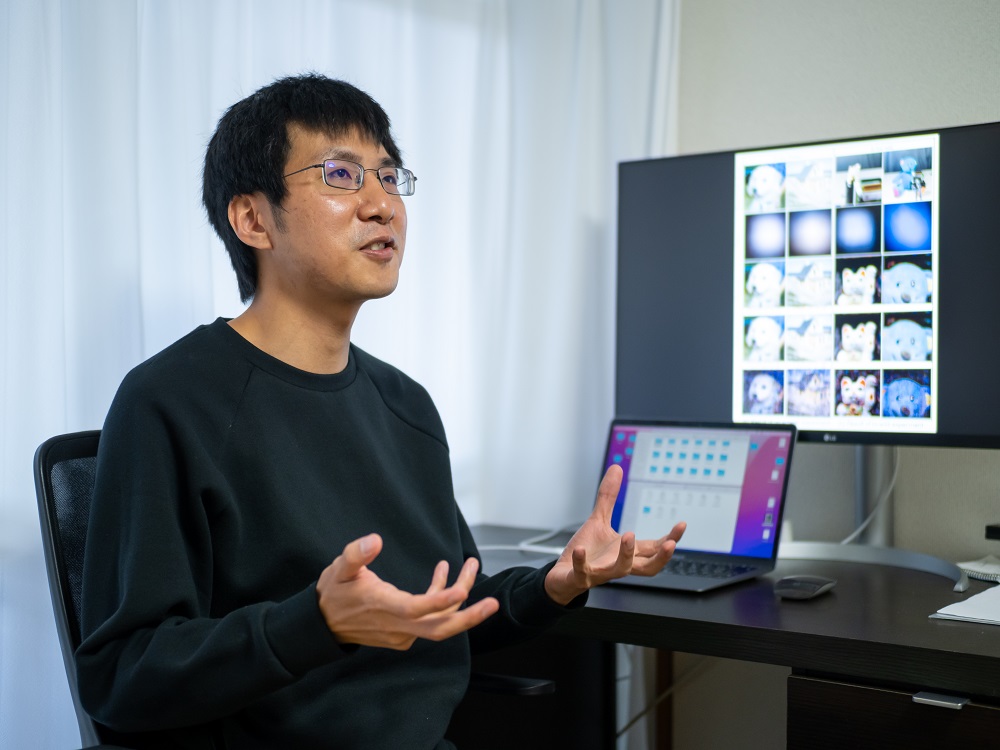
Encounter with researchers from various companies broadened my views
I had many positive experiences at WISE-SSS, but my perspective was widely opened from getting to know researchers from various companies. When they conduct research, they clearly understand how their research is related with actual products and markets. Stimulated by their professional attitude, I began to think that the research output should not only be issued on a scholarly magazine, but also be released to the public as an actual product. For instance, when you look at a lensless camera from the point of view of implementation, it is important to think about its size, cost, and processing time. Through WISE-SSS, I came to understand more about the markets and what is necessary to make a product.
At WISE-SSS, we need to take initiatives, communicate well with others, and take a leadership role in pursuing a project. I felt that I gradually gained such qualities myself. At my current company, I am involved in research that is a little different from that of my expertise at Tokyo Institute of Technology, but I feel that my internal growth greatly contributes to my work today.
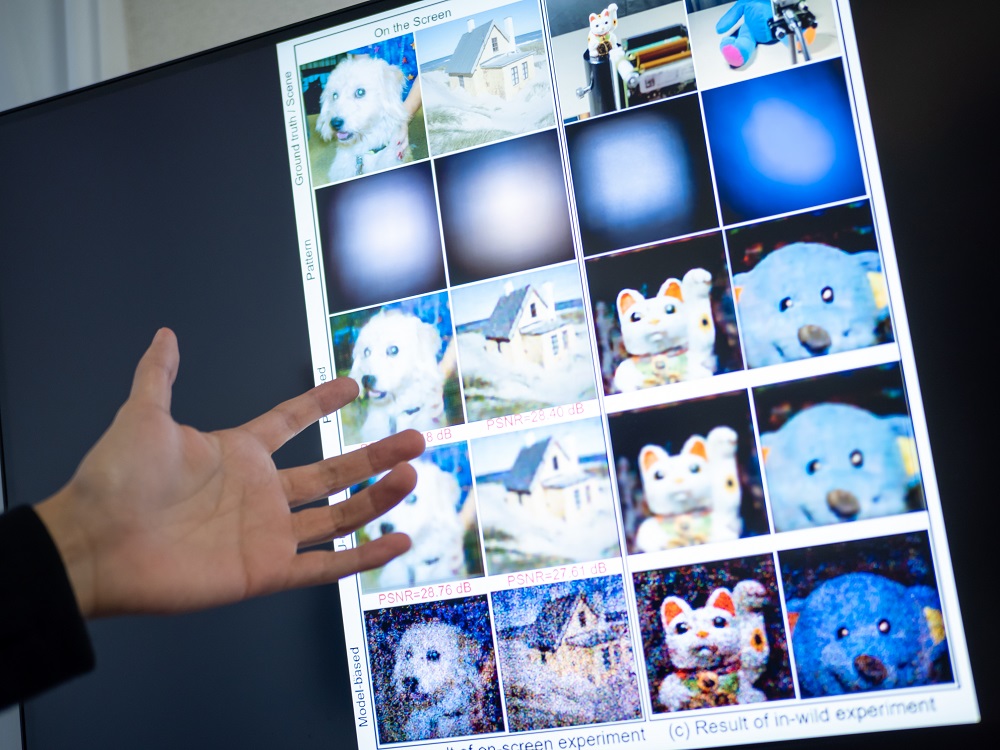
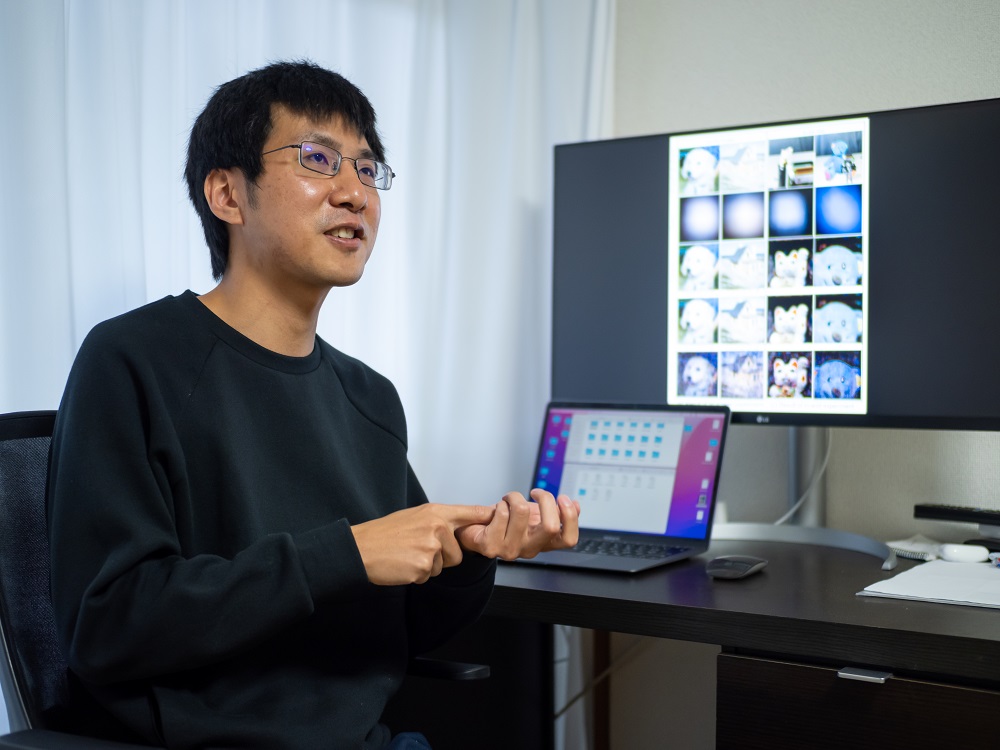
Profile
Pan Xiuxi
Pan was born in 1991 in Fujian Province, China. After graduating from Harbin Institute of Technology, he worked in a semi-conductor company for two years. In 2017, he came to Japan and later completed his master’s course in the Graduate School of Advanced Science and Engineering, Waseda University. In 2022, he completed his doctor’s course in Information and Communications Engineering Graduate Major, Department of Information and Communications Engineering, School of Engineering, Tokyo Institute of Technology. He is a Doctor of Philosophy (engineering) and currently works at SenseTime Japan Ltd. as a computer vision researcher.
